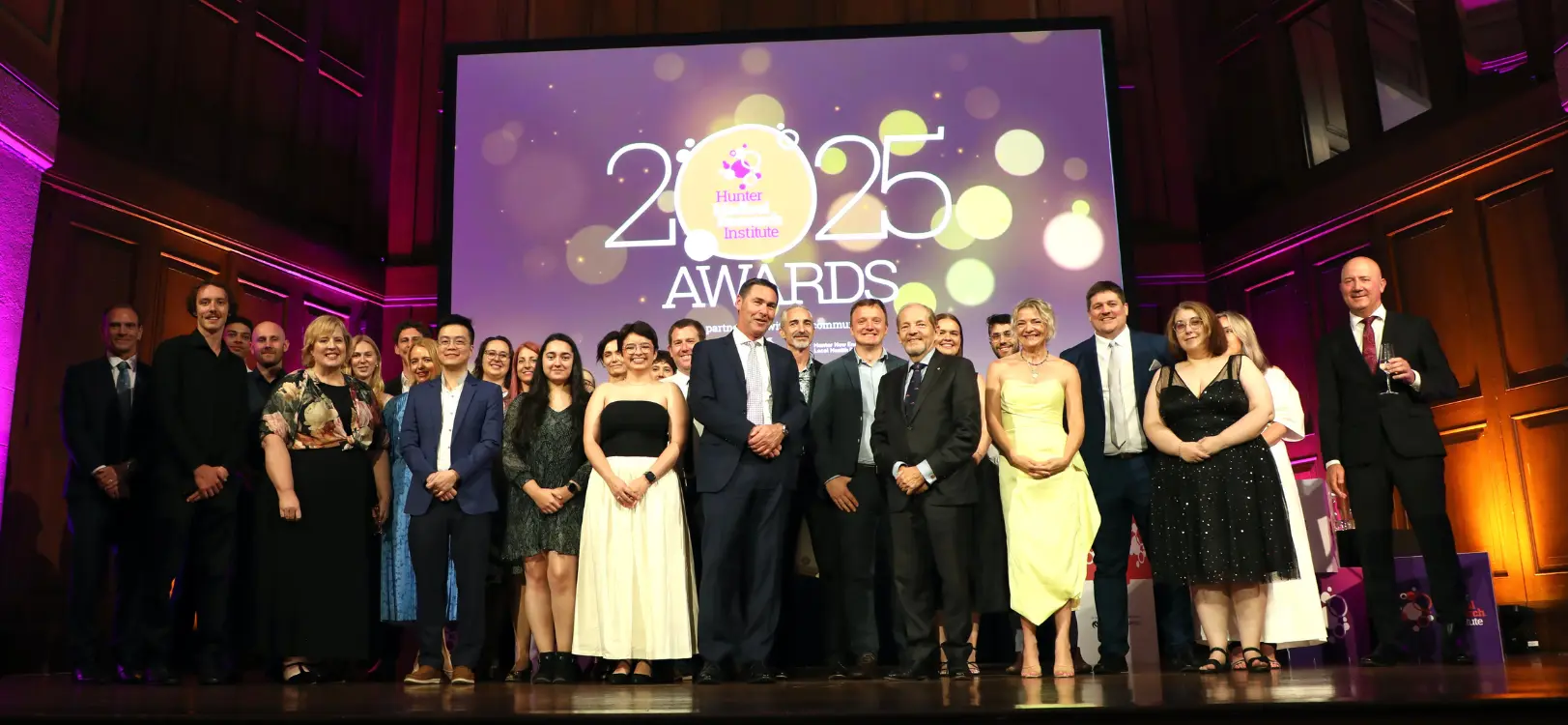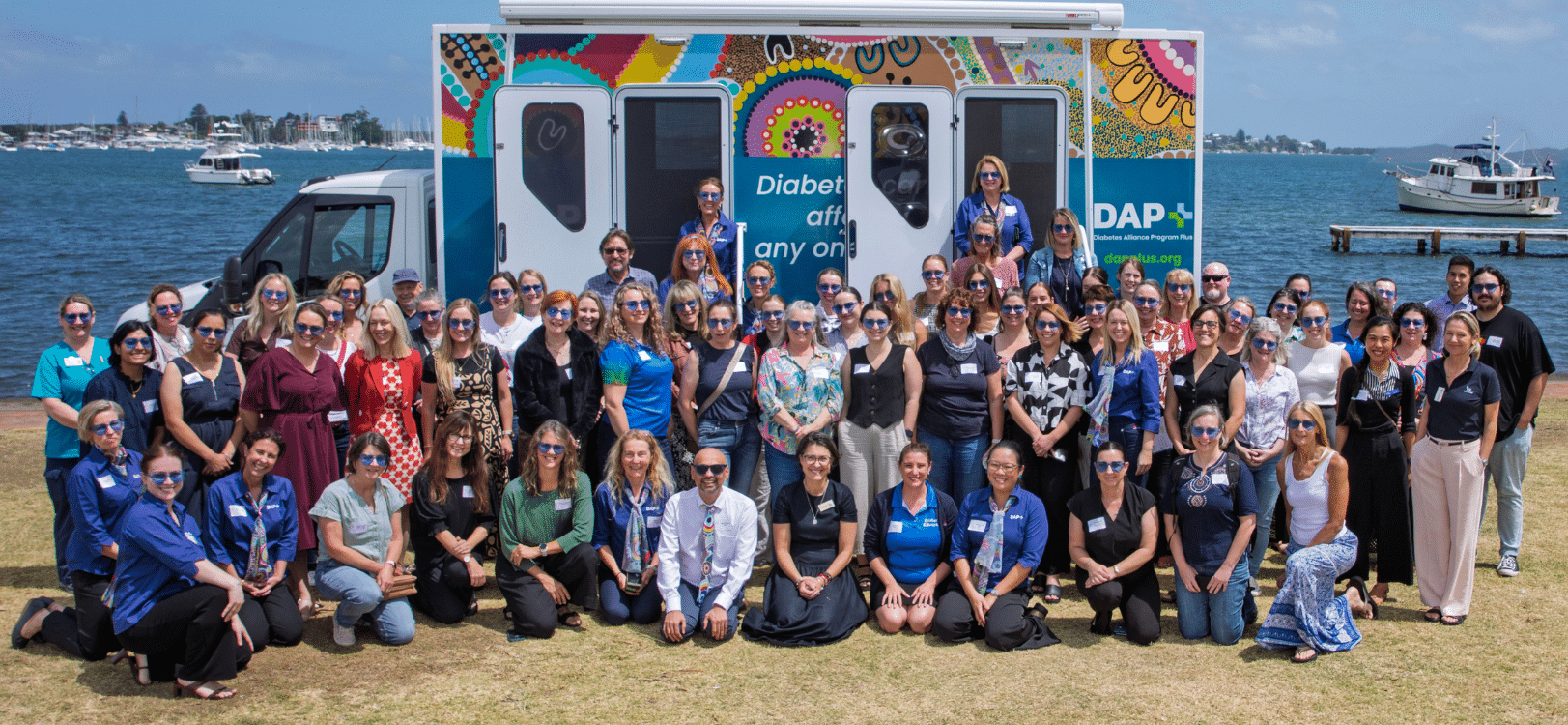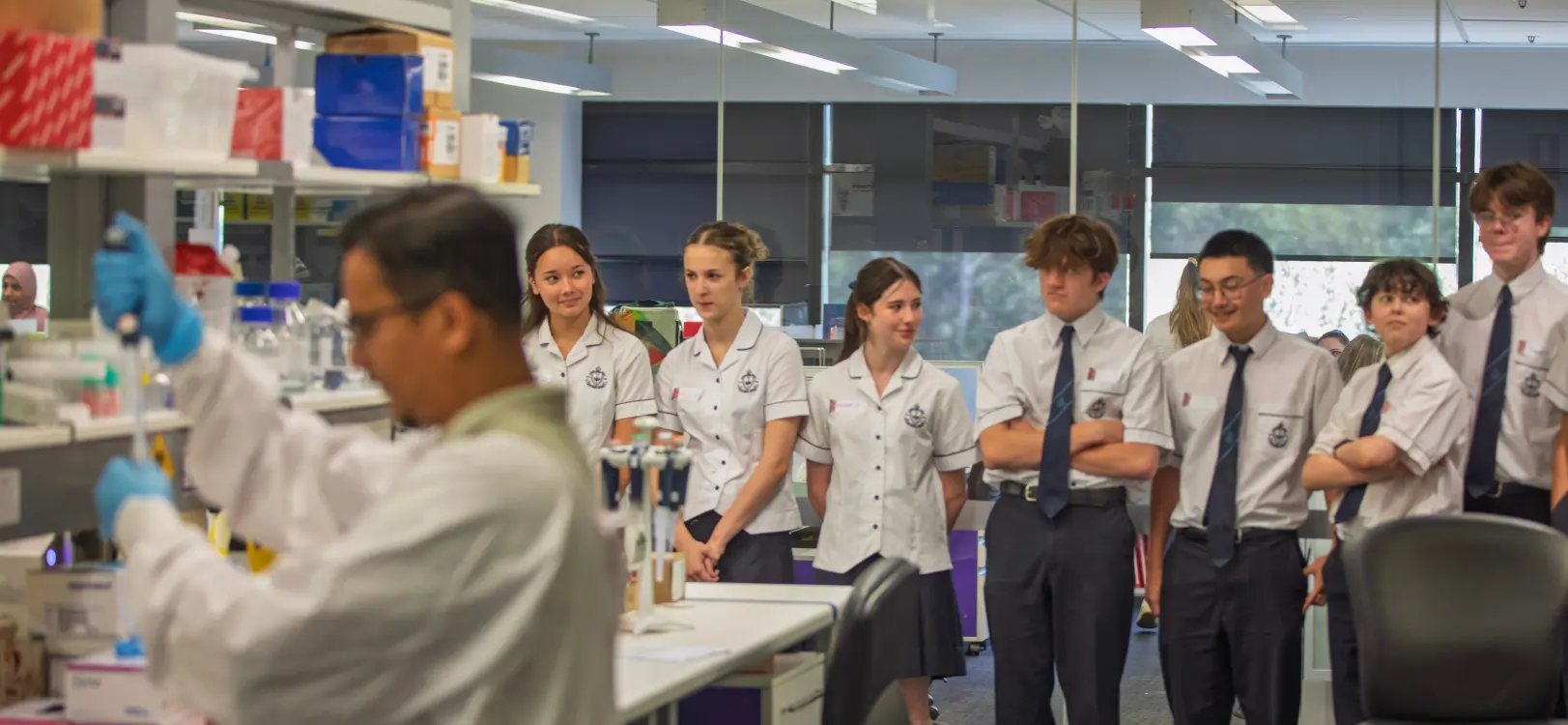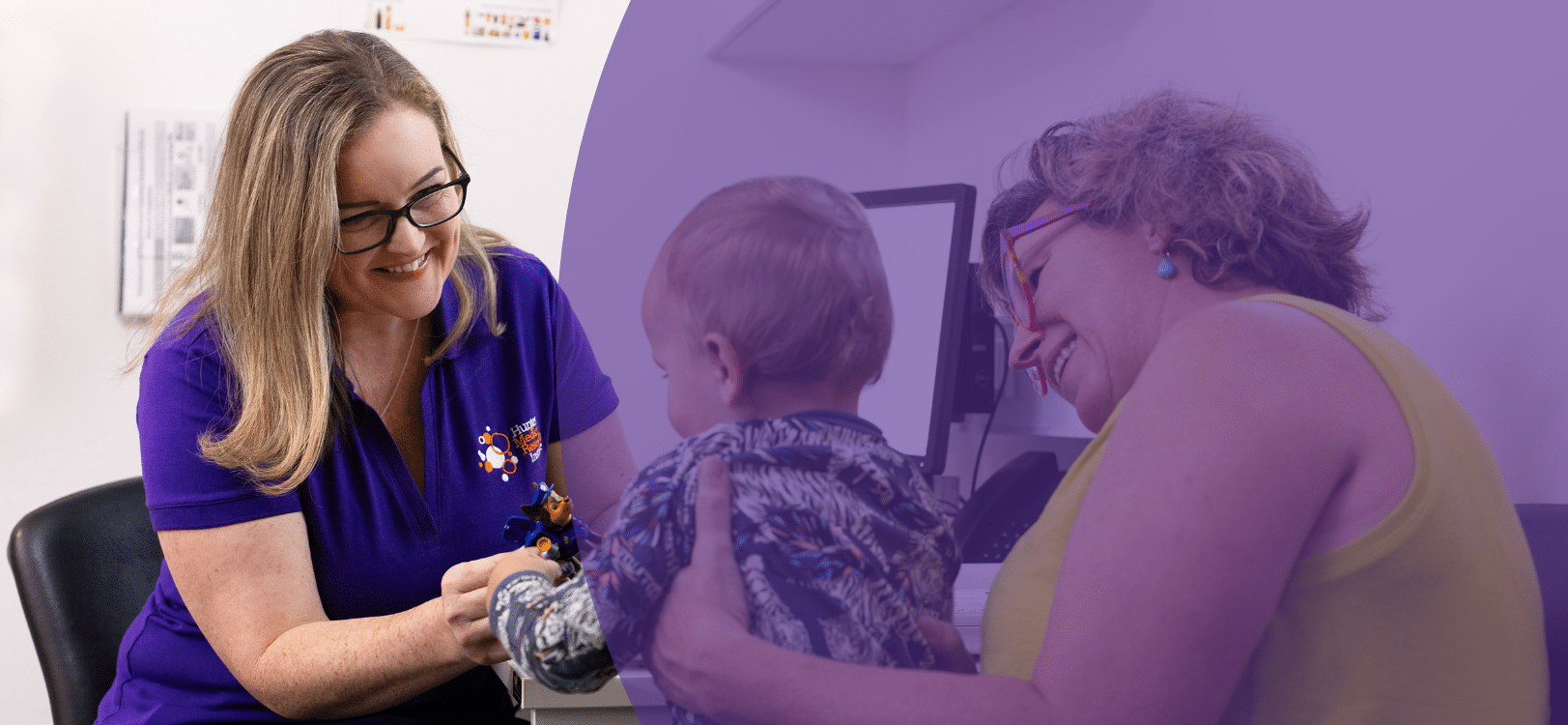Dr. Verlaine Timms is a microbiologist specialising in the microbial genomics of environmental communities.
Using a range of ‘omic technologies, including genomics, transcriptomics, and proteomics, she researches the microbial ecology of various systems, with particular interests in bacterial iron metabolism and antimicrobial resistance.
Dr. Timms’ expertise in microbial genomics and microbial evolution has significantly impacted infectious disease outbreak control in Australia, particularly for respiratory diseases like COVID-19, Legionellosis, and pertussis (whooping cough).
As a result, she has served on national and state expert groups on communicable diseases genomics, contributing her knowledge to shape policies and strategies for managing infectious diseases.
However, Dr. Timms believes that healthy humans cannot exist without a healthy planet. For this reason, she pivoted to environmental microbiology in 2021 and joined Brett Neilan’s lab of Microbial and Molecular Diversity at the University of Newcastle.
Here, she manages the microbial communities team and the synthetic microbial communities theme for the ARC Centre of Excellence in Synthetic Biology. Her team investigates microbial communities and microbiomes from a wide variety of environments, aiming to understand and harness their potential for environmental and public health benefits.








